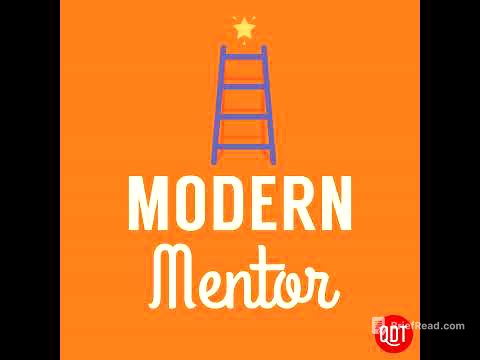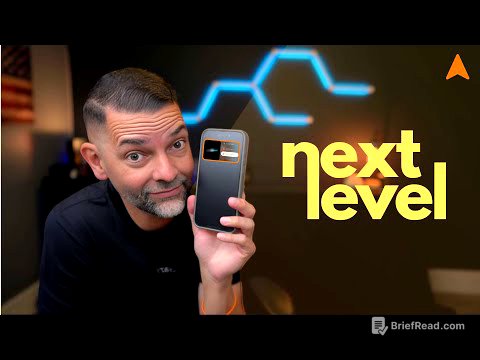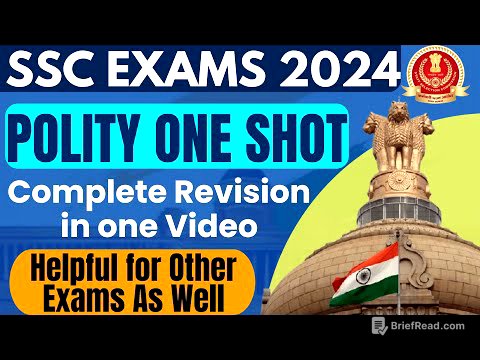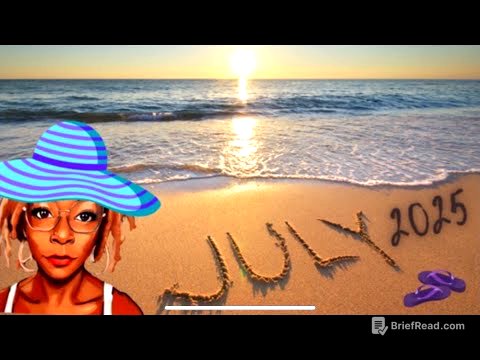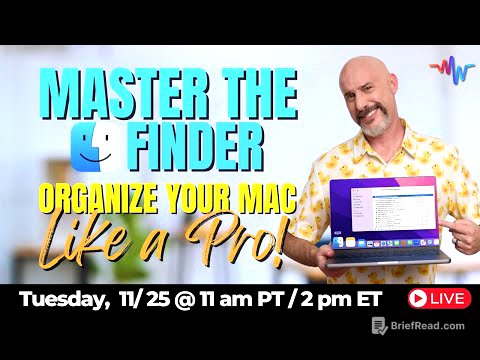TLDR;
This video serves as a comprehensive guide to critical reading, emphasizing its importance in academic settings. It begins with a review of a previous assignment on Socrates, then transitions into an exploration of reading as a fundamental skill that evolves from simple enjoyment to a tool for deeper understanding and critical analysis in college. The video outlines the objectives of the unit, including differentiating between text types, identifying reading strategies, understanding thesis statements and supporting claims, recognizing logical structures, and employing effective summary techniques.
- Review of Socrates assignment
- Reading as a fundamental skill
- Academic vs. non-academic texts
- Importance of critical reading
Assignment Review: Socrates [0:59]
The instructor reviews the answers to an assignment about Socrates. The first question addresses why Socrates was brought to trial, with the correct answer being that he was accused of corrupting the youth. The second question covers Socrates's claim that he knew nothing. The review continues by identifying Plato and Xenophon as the two followers who wrote about Socrates. The fourth question reveals that the Supreme Court adopted the Socratic method by formulating hypothetical situations. The fifth question states that the Socratic method was adopted to teach mathematics during the Renaissance. The sixth question explains that Socrates's questioning helped by proving their logic, revealing its flaws, and helping both parties reach a more robust understanding. Finally, the instructor discusses whether one agrees with Socrates that the unexamined life is not worth living, emphasizing the importance of self-reflection, questioning, and understanding for a meaningful life.
Introduction to Critical Reading [8:58]
The lecture transitions to the topic of critical reading, emphasizing its fundamental importance. It references the phrase "Reading is fundamental" and includes a clip of Shaquille O'Neal promoting reading. While reading may seem less enjoyable and more like work for college students, its purpose shifts to gaining information, achieving deeper understanding, and challenging existing knowledge. Reading in this context involves a set of skills that can be practiced and deepened to enhance the college experience.
Learning Objectives [12:27]
The learning objectives for the unit are outlined, including the ability to identify and differentiate between different types of texts, recognize reading strategies for academic texts, and identify specialized reading strategies for specific text types, such as those in different disciplines and visual information. Additional objectives include identifying thesis statements and supporting claims, recognizing logic and structure, and employing summary strategies for reading comprehension.
Types of Reading Material [13:41]
The discussion covers the categorization of reading materials, comparing it to the classification of movie genres. Knowing the differences between types of readings helps readers understand what to expect. Academic texts often raise broad, abstract questions and do not aim for quick answers, contrasting with everyday reading materials designed to quickly grab attention.
Academic vs. General Public Debate [19:09]
Academic debate advances through finely tuned language and disciplined methods of argument, unlike general public debates. Academic writers use cautious, considered language to be as exact as possible in their analysis, saying only what they mean and can justify. In contrast, daily life uses language more bluntly. Academic writing uses language precisely to dissect and analyze arguments in detail.
Academic Sources [22:54]
The lecture describes academic and specialist sources, noting that while they may have different purposes, they all aim to present content clearly and follow a predictable structure. The structure of each source depends on its purpose, such as dictionaries arranging words alphabetically for easy reference.
![[Calvin University] Reading and Writing 6-1](https://wm-img.halpindev.com/p-briefread_c-10_b-10/urlb/aHR0cDovL2ltZy55b3V0dWJlLmNvbS92aS9Xd1o3WTdXV1lsZy9tYXhyZXNkZWZhdWx0LmpwZw==.jpg)
